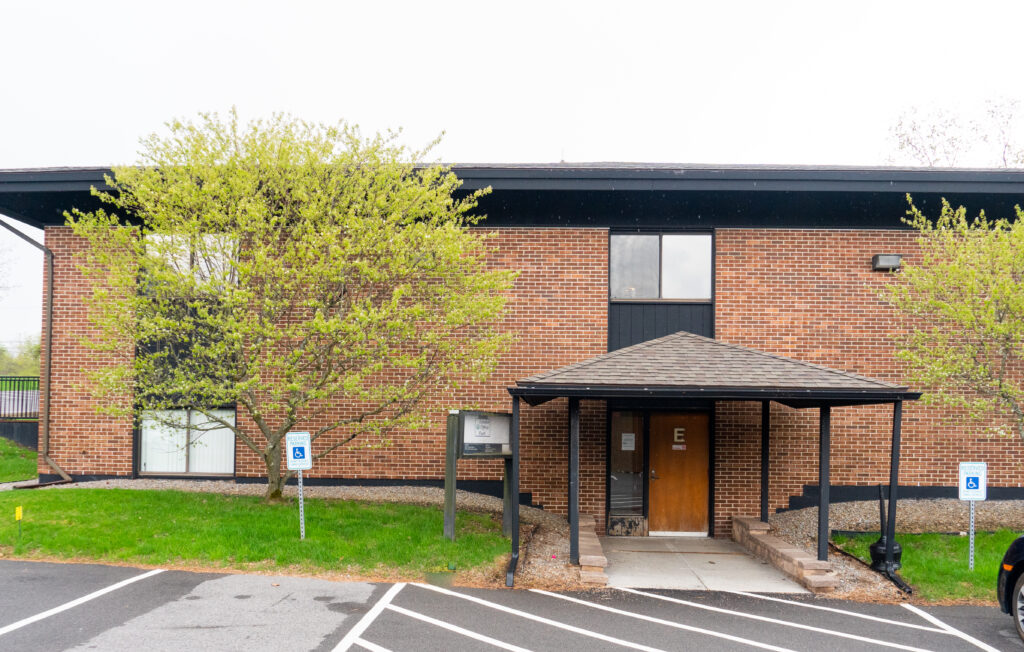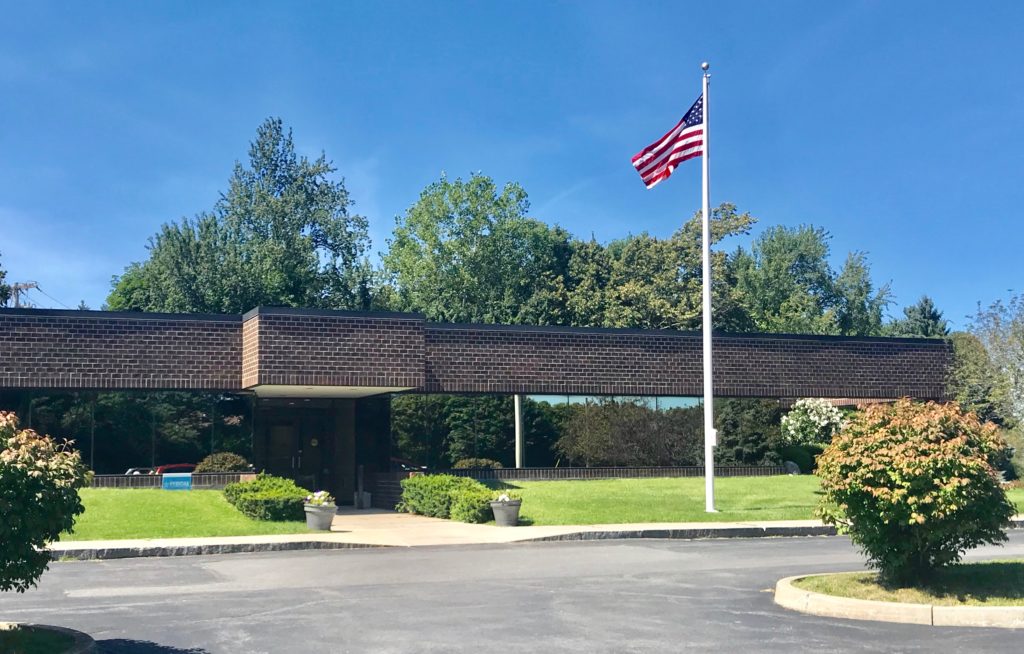Could Music Be the Key to Language Development?
By digitaljoe
“Music gives a soul to the universe, wings to the mind, flight to the imagination and life to everything.” ― Plato
Music can certainly be a magical part of life, but it’s not just one of the finer things according to new research. It may be an essential tool in language development for children, especially those with hearing loss.
Children with hearing loss
According to the Centers for Disease Control and Prevention (CDC), 14.9% of children 6 to 19 years of age have a low- or high-frequency hearing loss of at least 16-decibel hearing level in one or both ears. Whether these children are born deaf due to genetics or birth complications or have developed hearing loss during childhood due to damage to the ear, a medication, noise or something else, it is crucial that the hearing loss is diagnosed and treated early to help prevent delays in language development.
This is where some of the newest research out of Finland is focusing, and the findings are music to educators’ ears.
Music makes an impact
It’s no secret that children love music or that music has been used in education, especially early education, for years. It’s been linked to a wide range of benefits, but according to recent studies, it may be crucial to language development for children with hearing loss.
The most recent findings from the University of Helsinki, Finland and University College London, titled “Music supports the auditory skills of hearing-impaired children,” showed that the amount of music and singing a child was exposed to each day could be connected to auditory skills. The team measured such factors as auditory skills, perception of speech in noise, singing skills, and brain responses to changes in musical sounds in children with cochlear implants.
“Hearing impaired children with cochlear implants who sing regularly have a better perception of speech in noise compared to children who don’t sing. This is an important skill in daycare or school where children discuss and receive instructions in noisy conditions,” shared Ritva Torppa, PhD, of University of Helsinki. “Communication skills and especially the ability to perceive speech in noise have vital importance in education. All children, but especially children with a hearing impairment, should have the possibility to learn music and especially singing.”
What this means for parents and educators
While music as an educational tool has been used in homes and schools for generations, these new findings underscore just how important it is for children with hearing loss to be exposed to it every single day. With this in mind, the research team has put together guidelines for parents, teachers, speech therapists and others working with hearing-impaired children to most effectively use music in their work with these kids.
So, what’s the bottom line? Make every day more musical for the kids in your life with hearing loss. Sing, listen to songs and play instruments to support language development while cultivating a love of music.
If you believe your child has hearing loss, contact our office to schedule a hearing evaluation.


